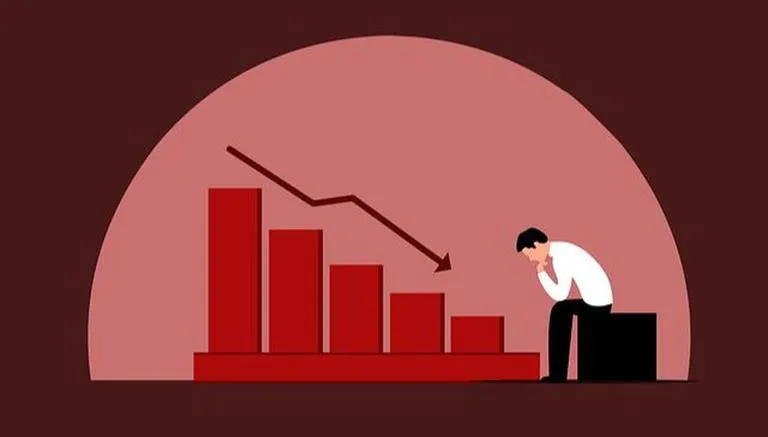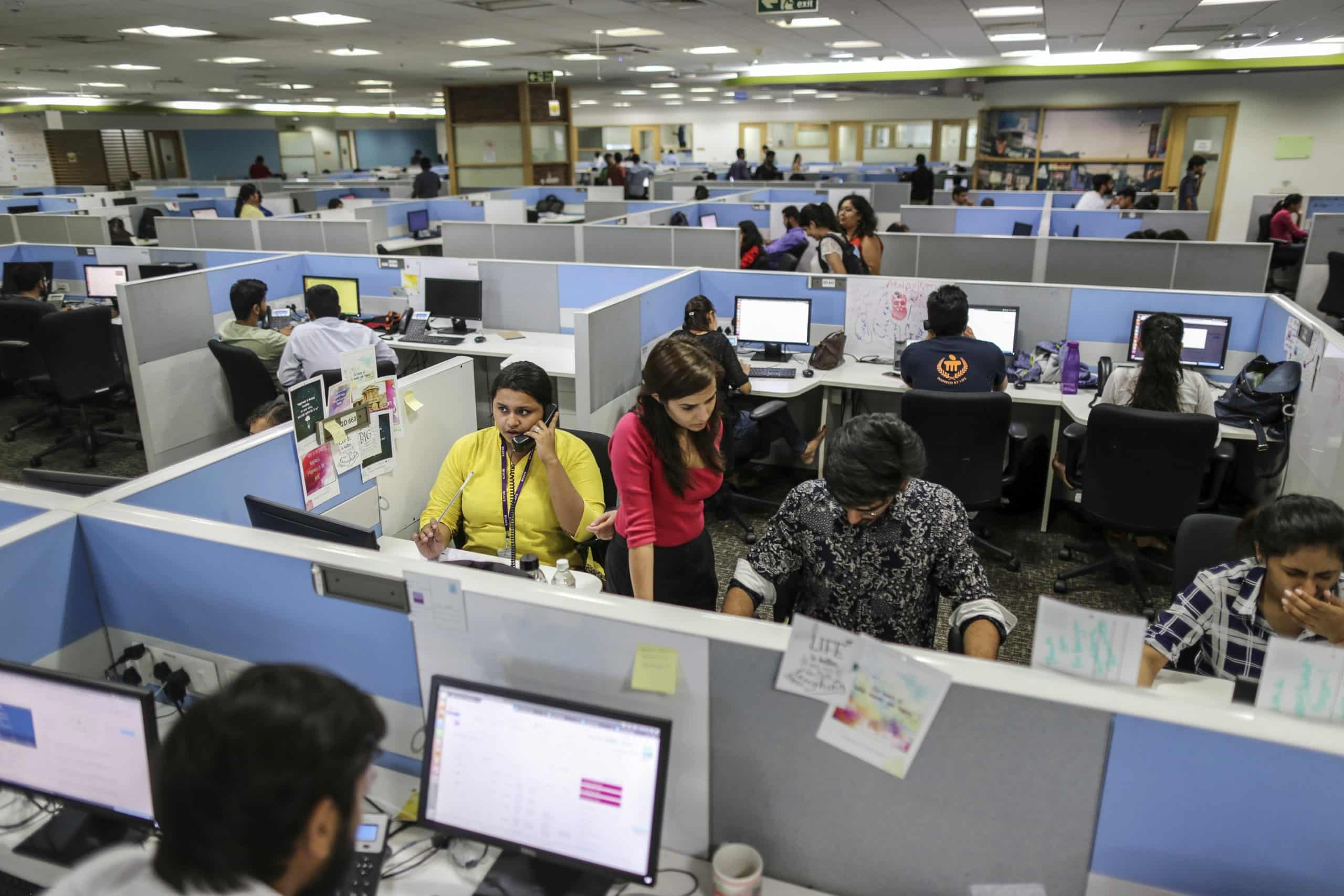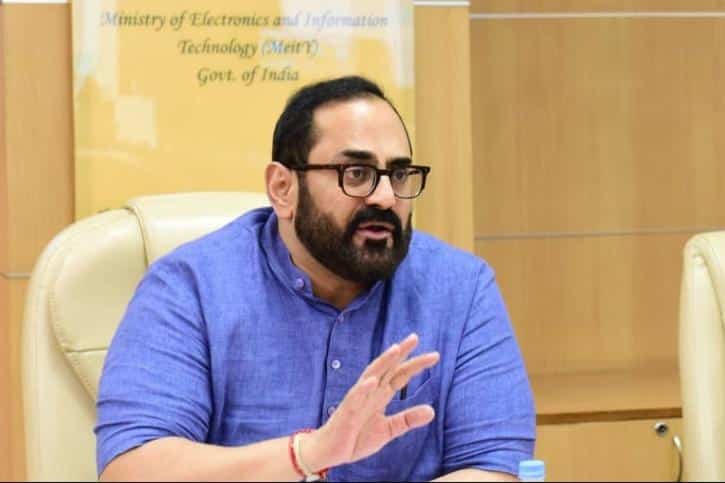According to Rajeev Chandrasekhar, Union Minister of State for Information Technology, Electronics, Skill Development, as well as Entrepreneurship, redundancies are occurring at IT giants in the United States but not in India. Moreover, he claims that in the two years after the epidemic, India has gained 18 lakh employment in the technology as well as electronic industry.
Before the publication of the Malayalam translation of IT expert and scholar E. Balagurusamy’s autobiography on Friday, Mr. Chandrasekhar spoke with pupils at St. Teresa’s College, where he heard a worry about the influence of the pandemic on the IT industry.
“The pandemic has only reinforced the relevance of the technology. In fact, the demand for professionals (in the technology and electronics sector) has far exceeded the supply. A youngster doing graduation now has 150% to 200% greater chance of landing a job provided he or she has the right skills.”
He pushed high school students to continue learning once they graduate. In terms of both digital ecology and skill, India is where it’s at. Mr. Chandrasekhar also claimed that layoffs were more common among U.S. IT companies than in India, noting that he had invited 500 employees recently let go by a big firm to visit India.
There is a new phenomenon of “reverse brain drain,” whereby young people with experience overseas are returning to India to start businesses and work for established ones.
Luck Is On Our Side
Mr. Chandrasekhar called the present generation the “luckiest” because, in contrast to previous decades, the nation now has an environment that encourages success.
“About 48% of the participants in the digital ecosystem and technology sector in India are women. There are many schemes for women entrepreneurs to succeed. Technology alone does not make up a startup. Instead there should be an idea driving it, a platform to execute it and a sustainable model to succeed.”
Mr. Chandrasekhar advised a student who had the concept of a trash management service similar to an online taxi aggregator to first test the service in a small region, with citizens’ groups and municipal authorities as partners.




